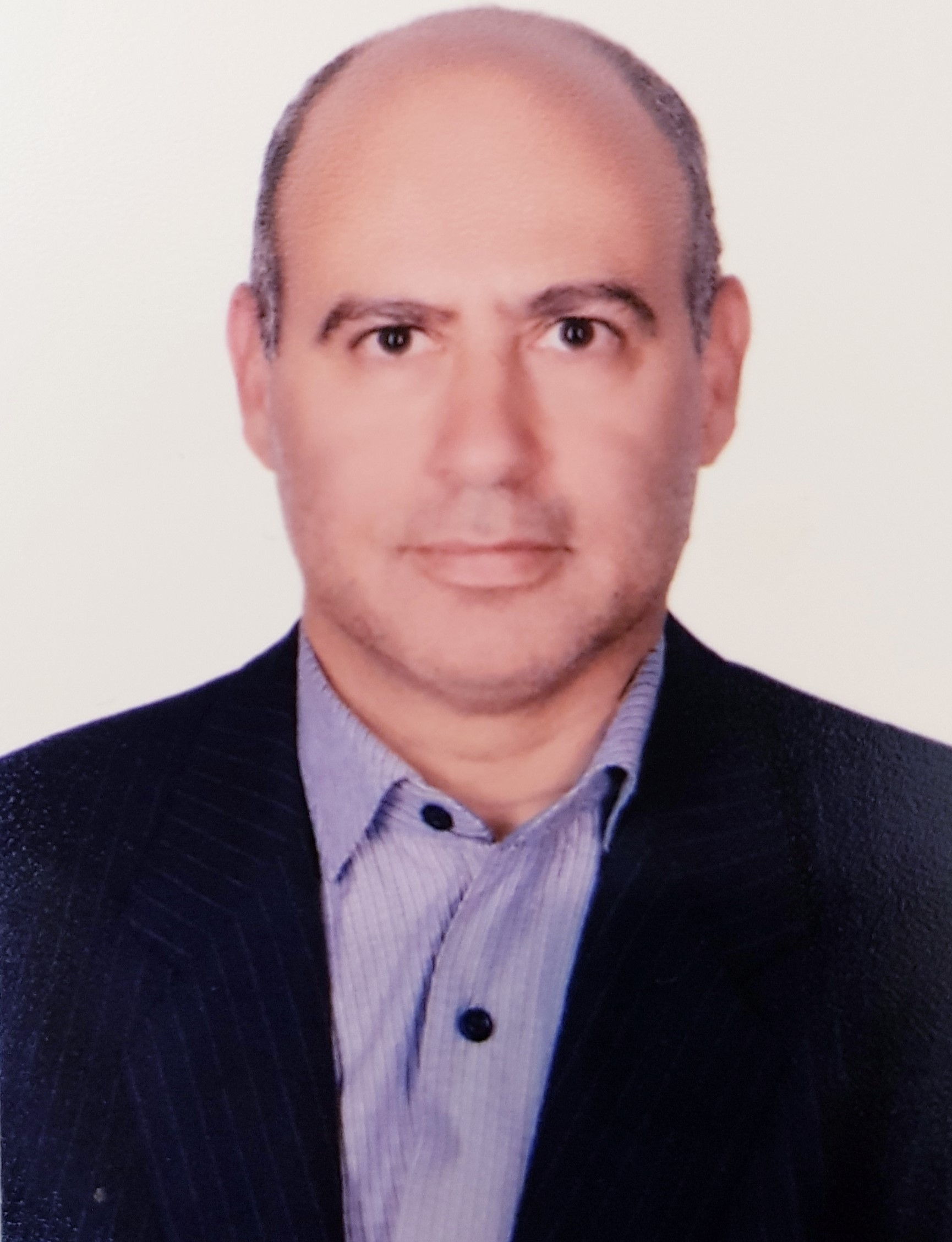Sharing expertise in geosynthetics and smart geosynthetics
Geosynthetics and smart geosynthetics, such as sensor-equipped geotextiles, can be innovative, low-cost, sustainable approaches for protecting infrastructure and assets, reducing risk in projects, and constructing resilient infrastructure. Professor Moghaddas Tafreshi, a leader in this field, has set up a DIA-supported project with the School of Civil Engineering at the University of Birmingham. The main aim is to exploit his experience, knowledge and leadership in this field by supporting the university to develop their research and teaching.

Geosynthetics
Geosynthetics are artificial, synthetic materials typically used to stabilise terrain. Geosynthetic reinforcement is used in a wide range of geotechnical structures, notably foundations, roads and pavements, buried pipelines, and underground utilities. Smart geosynthetics, such as geotextiles and geogrids equipped with fibre optic sensors, can be developed as innovative, low-cost, sustainable technologies for protecting sustainable geo-infrastructure and assets. This can reduce and eliminate risk in infrastructure such as buried utilities and street-work, and construct resilient infrastructure. Resilient infrastructure contributes towards creating a sustainable and inclusive society, supporting the Academy’s strategic goals.
Leading in geotextiles
Professor Moghaddas Tafreshi is an internationally renowned expert in the field of geotechnical/geosynthetics engineering, with over 25 years of experience in teaching, research, consultancy, and professional activities. He is a professor of civil engineering at the K.N. Toosi University of Technology in Tehran; the President of the Iranian Chapter of the International Geosynthetics Society; and Associate Editor of the Geotextiles and Geomembranes Journal. As a leading expert in the field of geotechnical engineering (especially geosynthetics and sustainable infrastructures), his research achievements have been reflected in more than 70 journal papers.
National Buried Infrastructure Facility
The University of Birmingham and the National Buried Infrastructure Facility (NBIF) have an international reputation in research on sustainability of infrastructure. However, it currently lacks expertise in the field of geosynthetics, which limits its full research potential in this field. The University of Birmingham has recently invited Professor Moghaddas Tafreshi to join it to establish a new line of research in the field of geosynthetics engineering.
“[Our programme] will bring together two well-established and internationally highly regarded research groups with the aim to establish long-term collaborations leading to high impact/quality research.”
Knowledge-sharing collaboration
The project connects University of Birmingham’s Dr Faramarzi and colleagues at the NBIF with Professor Moghaddas Tafreshi to support the DIA programme’s objectives of supporting collaborations with the UK engineering community. The project also supports the Academy’s aims to harness the power of engineering to build a sustainable society and an inclusive economy that works for everyone.
“[Our programme] will bring together two well-established and internationally highly regarded research groups with the aim to establish long-term collaborations leading to high impact/quality research.”
Project meetings with faculty members and potential research students are already taking place. These will be followed by development of teaching modules and presenting research proposals. Dr Moghaddas Tafreshi will present a keynote speech about the project at the 12th International Conference on Geosynthetics (12 ICG) in September 2023, Rome, Italy.
Longer term, the project’s aims are to develop a new theme of research about geosynthetics and smart geosynthetics at the University of Birmingham. This will be supported by research proposals focused on experimental model tests and numerical simulation and a programme of lectures and workshops to disseminate this subject more widely. It is hoped that this will form the basis of a longer-term collaboration that will also link with other UK universities and improve the awareness of the subject with industry and policymakers.
Related content
DIA awardees
Distinguished International Associates (DIA) are international engineers working across all sectors. They work at the c…
FAQ
Information and answers to common queries about the Distinguished International Associates (DIA) Programme
